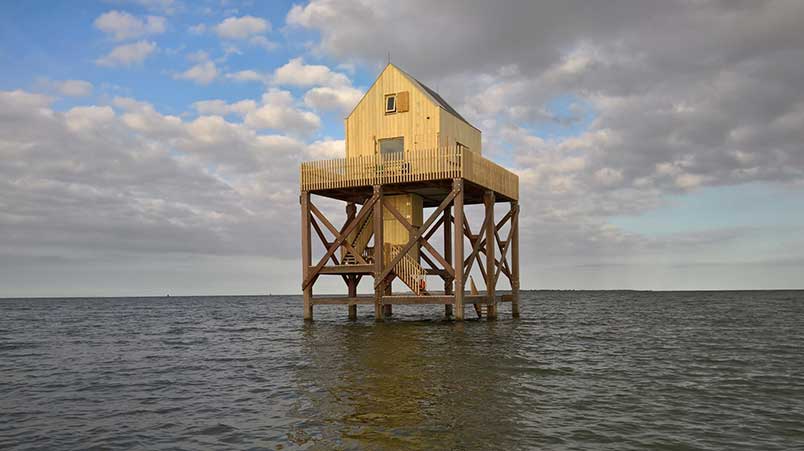
25 year warranty

50 year warranty
With Accoya's exceptional wood warranty, you can be sure that your investment in this durable and innovative material is protected. Offering unrivaled resistance to weather, insects and various degradations, Accoya wood is backed by a 50 year warranty for use above ground and 25 years for use in contact with ground or fresh water. So you can enjoy the natural beauty and durability of your Accoya wood with peace of mind, knowing that your investment is protected for years to come.
The Accoya difference
P E R F O R M A N C E
- Dimensional stability: Thanks to its acetyl modification, Accoya wood is more stable than other woods, which reduces swelling and shrinkage and ensures a longer life.
- Increased Strength: Heavy duty, making it ideal for projects requiring increased strength.
- Environmentally Friendly: Made from sustainably sourced wood and produced in environmentally friendly facilities.
- Versatile: Can be reused for a variety of building projects including doors, windows, decks, siding and more.
- Low Maintenance: Requires very little maintenance, making it convenient for projects where regular maintenance is not desirable or possible.
- Aesthetics: Natural and attractive appearance that makes it a popular choice for high-end construction projects.



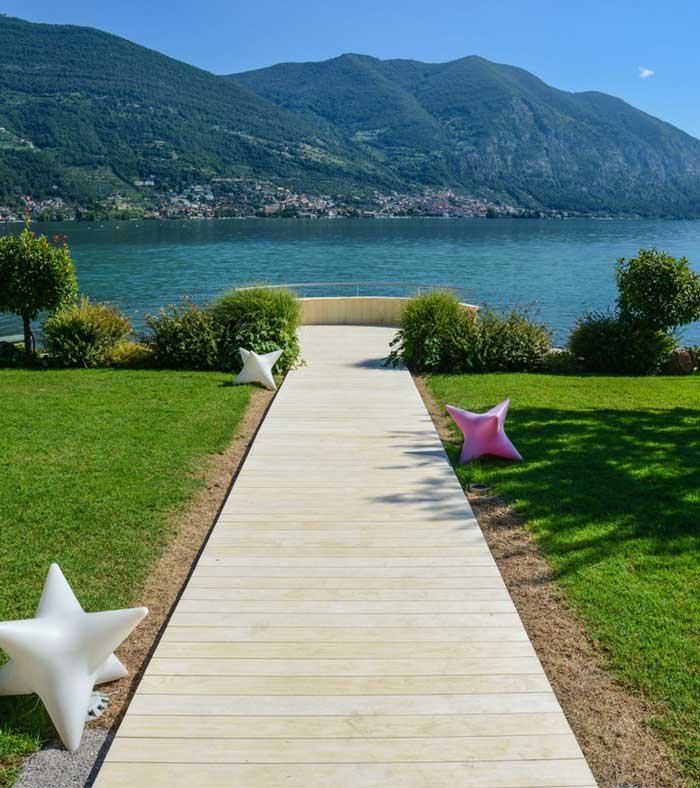
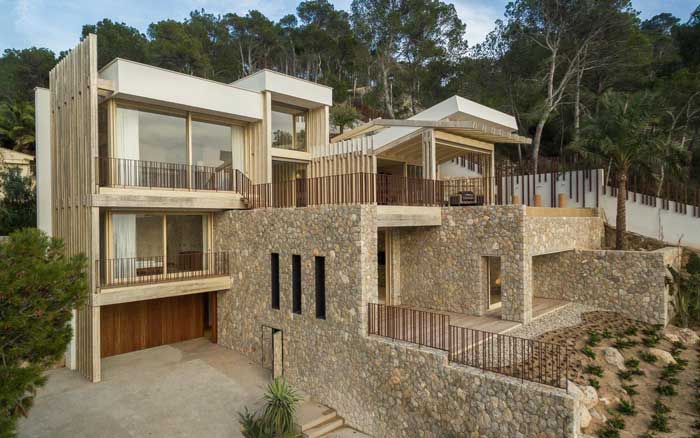
F I N I T I O N
Accoya wood offers unprecedented design freedom.
Accoya wood offers unprecedented design freedom. Its exceptional dimensional stability, combined with its durability and strength, allows architects and designers to explore creative shapes and designs without compromising performance or longevity.
The coatings have a glossy finish and are known for their increased durability.



S U S T A I N A B I L I T Y
Exceptional durability
Accoya is a decidedly sustainable choice that responds to global challenges such as climate change. From source to production and through to the end of its life, sustainability shines through. With a low carbon footprint you can help fight carbon emissions for a healthier world. It is also non-toxic, so safe for people and pets as well as the planet.
FSC accredited and Cradle to Cradle Gold certified.
Accoya wood is very resistant to various degradations, insects and bad weather, which makes it particularly durable.



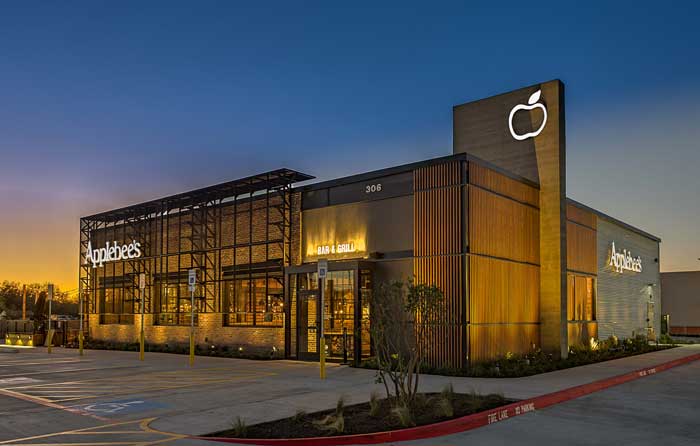
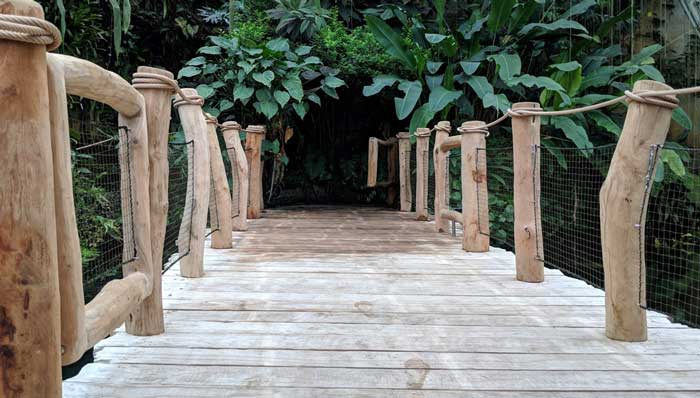
Principle of acetylation
Acetylation is a biochemical process.
Acetylation is a common post-translational modification of proteins that can have various effects on their structure and function.
After the change
Durability is achieved by preventing rot fungi from digesting wood, not killing them with toxins.
Why choose Accoya?
Accoya decking boards
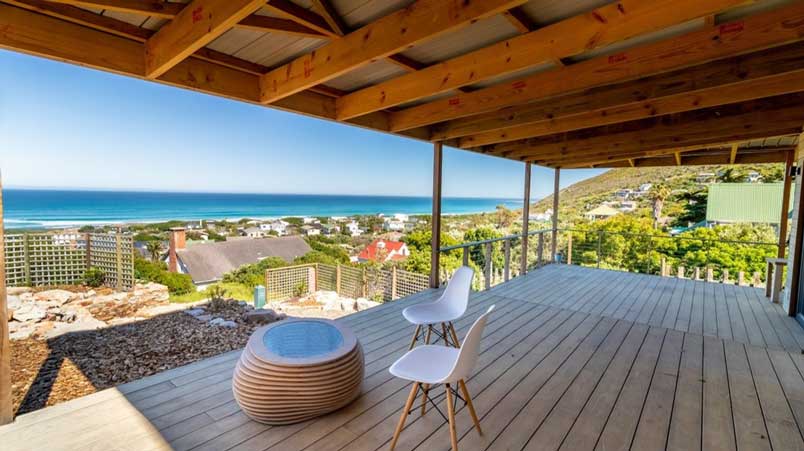
Accoya cladding
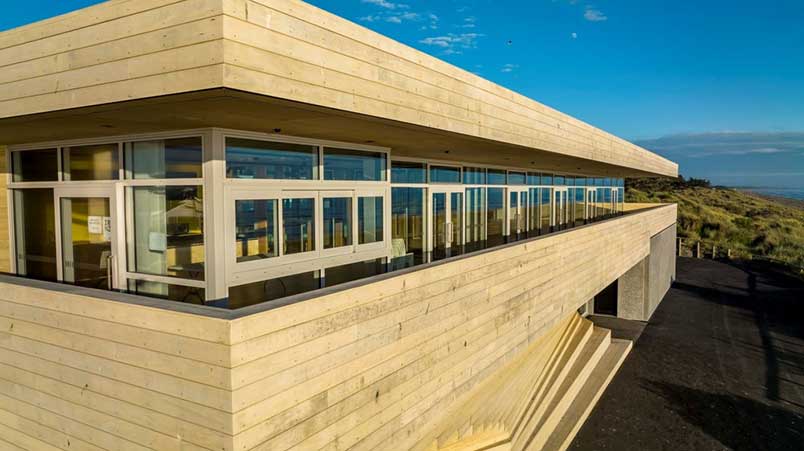
Accoya Joinery Lumber
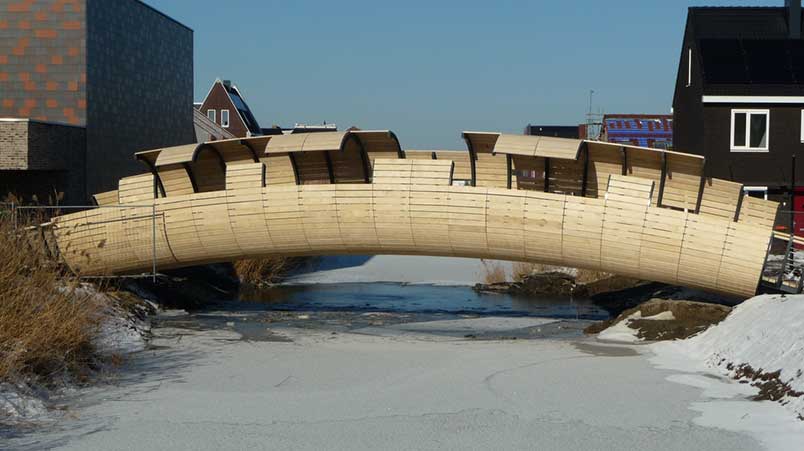
Accoya Inspired
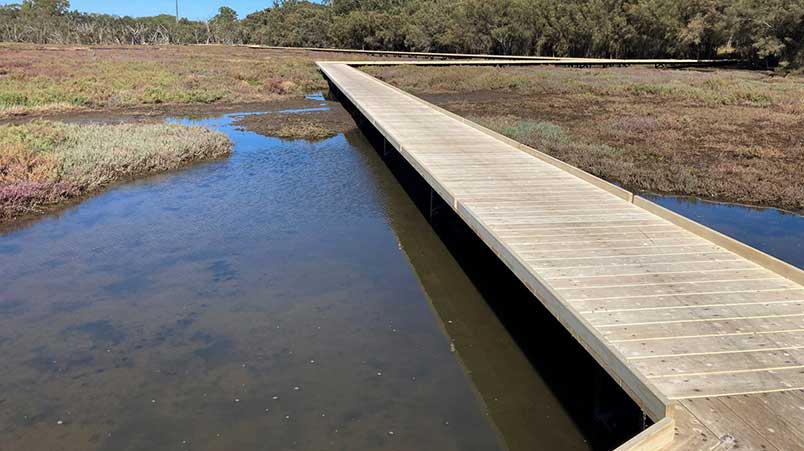
Our added value
